Finite and Infinite Games: A Vision of Life as Play and Possibility
by James P. Carse
James P. Carse's Finite and Infinite Games explores the nature of play and its implications for our understanding of life, society, and existence. He argues that there are two fundamental types of games: finite and infinite.
Finite games are played with the goal of winning, with clear boundaries, rules, and a definitive ending. Examples include sports, chess, or even career advancement.
Infinite games are played for the sake of continuing the play itself. They have no defined beginning, end, or boundaries, and the rules are constantly evolving to ensure that the game continues. Examples include artistic creation, cultural evolution, or even the pursuit of knowledge.
The book contrasts these two types of games on several levels:
- Freedom: While both require free participation, finite players often veil their freedom through self-imposed seriousness and the need to win. Infinite players, however, embrace their freedom by playing with boundaries, not within them.
- Rules: Finite rules are fixed and serve to determine a winner. Infinite rules are fluid and designed to ensure continued play.
- Time: Finite players experience time as a limited resource, striving to achieve an end within a specific timeframe. Infinite players perceive time as a process of continual creation, valuing the ongoing journey over the destination.
- Power: Finite players strive for power, derived from winning and possessing titles. Infinite players embrace strength, which arises from ongoing play and the ability to embrace surprise.
- Nature: Finite players view nature as an opponent to be controlled and mastered. Infinite players see nature as the ultimate source of spontaneity, respecting its indifference and finding creative ways to coexist with it.
- Society: Finite players view society as a necessary structure with clear boundaries and rules, focusing on achieving societal success through competitive games. Infinite players see society as a subset of culture, acknowledging its constructed nature and seeking to maintain the essential fluidity of human interaction.
- Culture: Culture is an infinite game, characterized by continuous change, creative expression, and the embrace of surprise. It is the realm of the "poietes" - creators, artists, and storytellers - who generate new possibilities through their work.
- Myths: Myths represent powerful stories that transcend explanation, resonating with our deepest truths and inviting us into their drama. They are the source of our thinking and cultural understanding.
Carse emphasizes that the infinite game is the true essence of life, constantly renewing and redefining itself. He invites us to embrace our own genius, play with boundaries, and live a life filled with possibility and surprise.
Key Takeaways:
- We are all players in both finite and infinite games.
- Our choices, both conscious and unconscious, shape the world around us.
- Embracing the infinite game allows us to live a life of continual growth, creative expression, and genuine connection with others.
Finite and Infinite Games offers a unique and insightful framework for understanding the complexities of human existence and the role of play in shaping our world.
